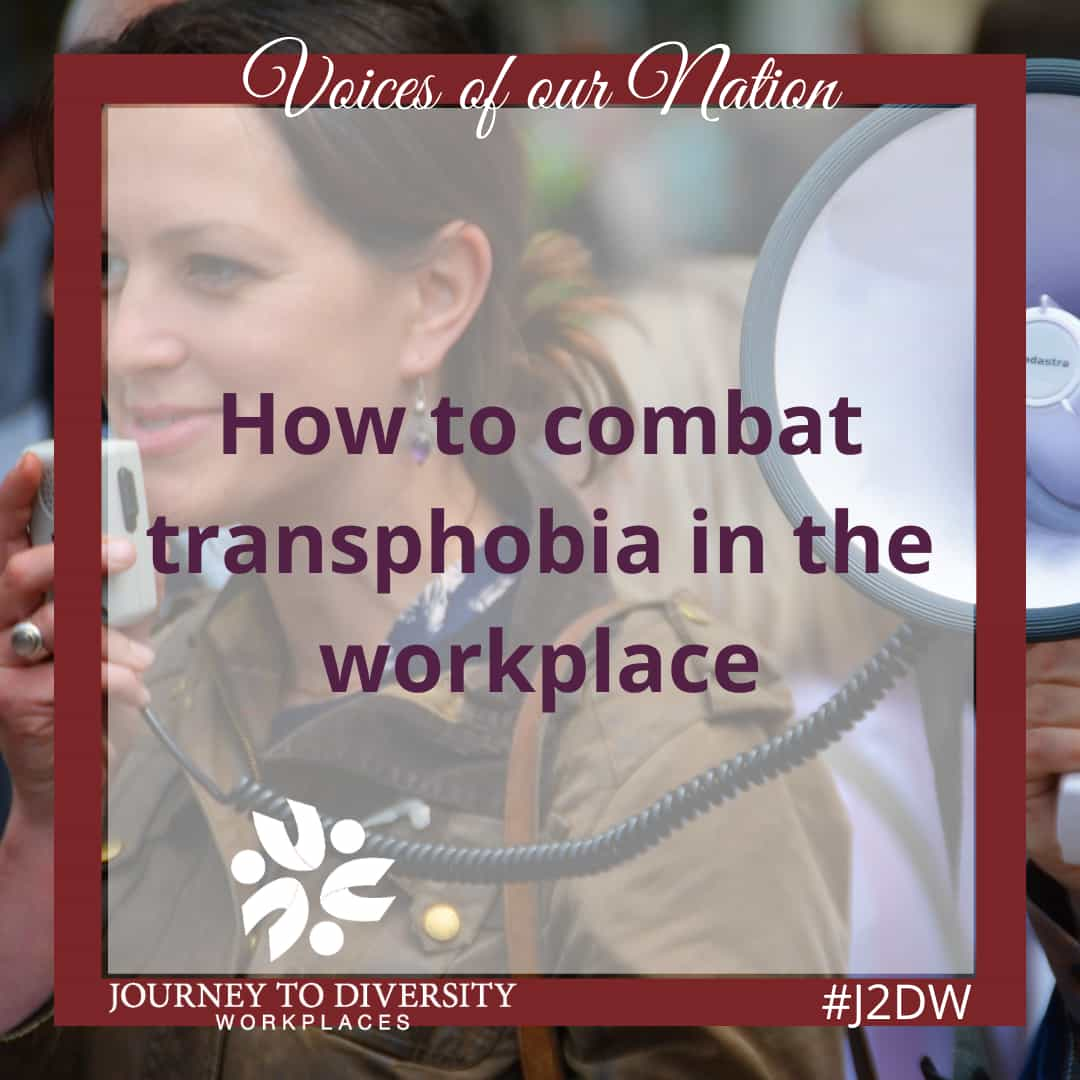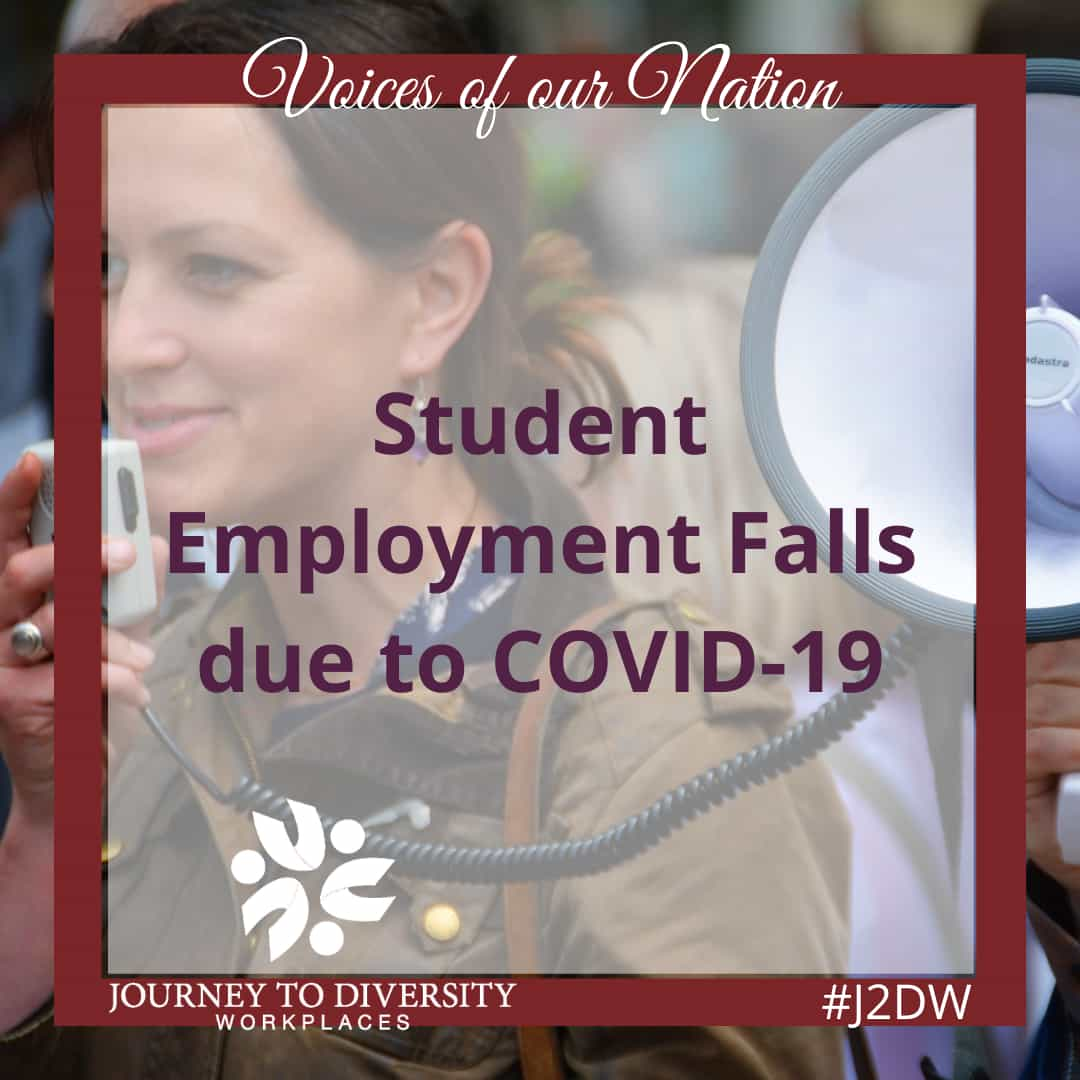As pride month comes to an end, we take a moment to pause and re-evaluate the changes that still need to be made in our world today. Each individual should have the right to an environment where they feel free to express themselves and be accepted for who they are. Do those who identify as part of the LGBTQIA+ community feel safe, secure and accepted in their workplaces? The answer to this in 2021 is still an unsatisfactory no.
In almost any aspect of life, we can find examples of rules and norms that conform to and enforce gender binaries. Society has cultivated a culture that fears deviation from the norm and ostracizes those that do. From birth people are pressured to conform to traditional role expectations. These ideals are reinforced throughout the course of life and have become ingrained into society. Individuals who identify outside of the male and female binaries, or those who identify as different from their birth sex, are likely to experience many kinds of discrimination and harassment especially within the workplace.
Microaggressions are the most common form of harassment experienced by transgender and gender non-conforming individuals and are defined as subtle behaviours or verbal language that invalidates a person’s identity or their experience. Classified under the microaggression umbrella are things such as the denial of bodily privacy, an outward discomfort or disapproval of the LGBTQIA+ experience and the endorsement of heteronormative cultures and behaviours. These microaggressions disrupt one’s ability to be happy and productive in their place of employment. It can cause these individuals to feel isolated and unwelcome, which in turn could lead them to feel forced to present themselves in a way that is disingenuous. Another example of a microaggression that is specific to the workplace is the reduction of hours due to an individual’s identity. Nyx, who identifies as non-binary, stated that;
[quote]When I first started to change my appearance it affected my workplace quite a bit … I found weird things started to happen when I cut my hair short and even more when I wore my binder to work.[/quote]
Their workplace which has been inclusive began to change as their appearance changed and shifts were lost for no reason. As well they began to experience a general coldness from management.
Outside of microaggressions, it is not uncommon to see direct examples of transphobia. This presents in many ways: transphobic language or slurs, explicit exclusion in workplace happenings, the demand to wear uniforms that conflict with their gender identity or refusing to use an individual’s personal pronouns. All of these discourage individual expression and can cause individuals to feel alienated.
What needs to be seen is employers who cultivate an environment that supports all workers. To do this, they should put forth an effort to educate their employees through diversity training, as well as providing more resources to aid those who are struggling with conflict amongst their co-workers. Additionally, more trans-inclusive policies should be put in place; things such as an option to use non-gendered washrooms, the implementation of a standard employee dress code (as opposed to one that is dependent on the gender binaries), and the proper use of individuals names and pronouns.
The restaurant chain Chipotle has been an example of a workplace that is putting in the effort. As of 2021, they received a 100% rating on the Corporate Equality Index, a measurement of corporate policies, practices and benefits pertinent to LGBTQ+ employees. Their code of conduct explicitly denounces discrimination and hate of any kind, as well as maintaining an open-door policy so employees do not feel as though they are alone. In their 2020 Sustainability Report, they stated that all new restaurants would have the inclusion of gender-neutral single-use washrooms, unless prohibited by law. Going beyond that, for the past several years they have donated to LGBTQIA+ charities throughout the month of June; this year included a partnership with several well-known drag queens.
The issues mentioned previously are ones that occur within the workplace, but many trans and non-binary individuals see this discrimination even before starting their jobs. In recent years there has been less legal discrimination from employers and hiring managers in Canada, as the Canadian government amended Bill C-279 in 2013 and now extends human rights protection onto members of the transgender and gender non-conforming communities. However, there are still many individuals within these communities that feel they did not get hired because they do not conform to their birth sex, or that they get laid off or fired due to that though it can be difficult to confirm.
It is very unfortunate that we still live in a society where we see so much discrimination and hatred, especially when it pertains to the workplace. More efforts need to be put forth to end the stigmatization and fear of transgender and non-binary individuals, and maybe then we would see a change in attitude. No one has the right to tell them to change or be disingenuous to themselves.
This article was written by summer student Hannah Mastin and edited by summer student Adam Best. This article was funded by the Government of Canada.



